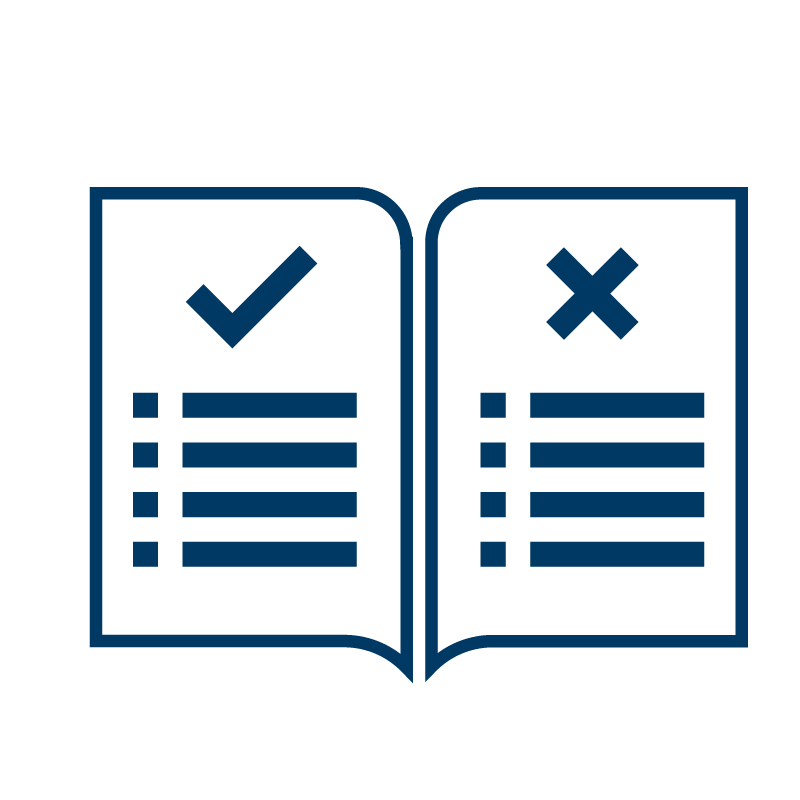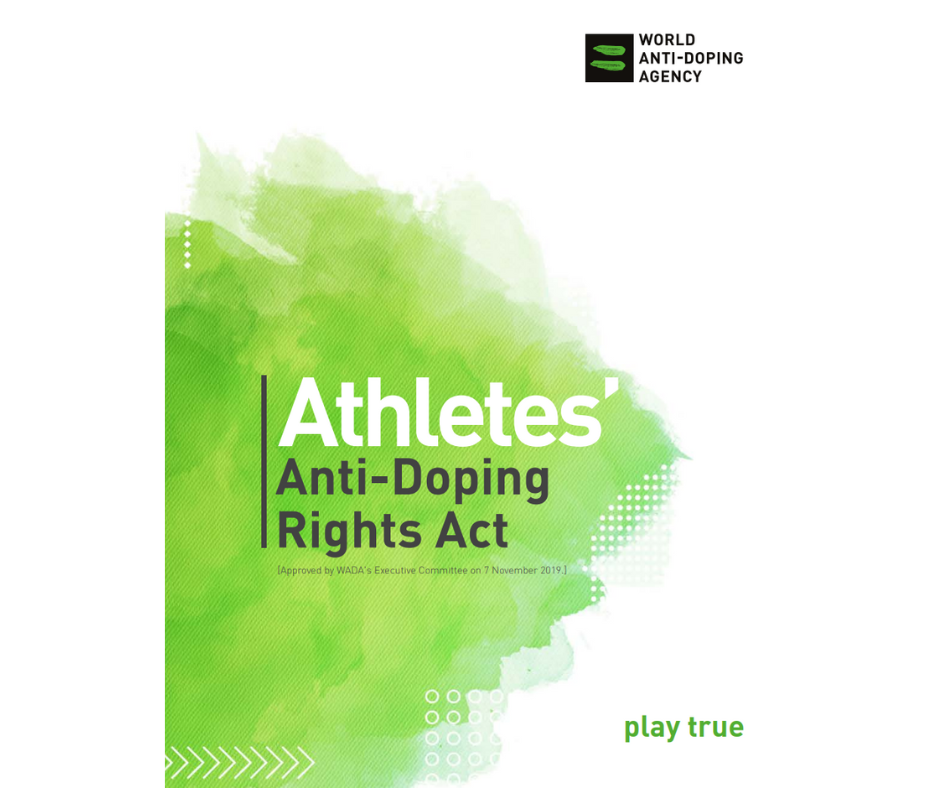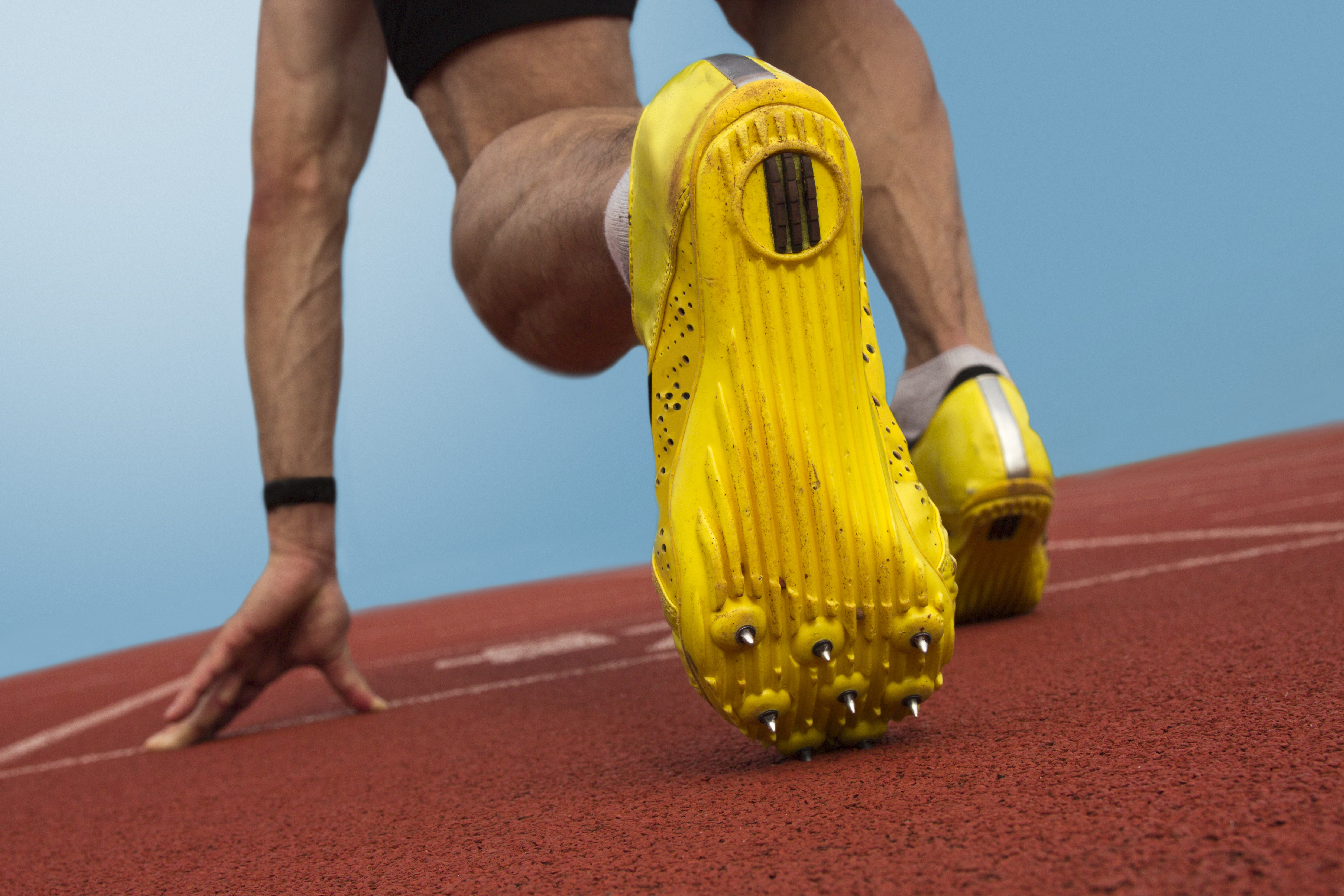Athletes - Rights and Responsibilities
 Athletes are central to clean sport. Their actions, behaviours and choices determine how clean sport is.
Athletes are central to clean sport. Their actions, behaviours and choices determine how clean sport is.
To make the global anti-doping system work, athletes around the world need to commit to your anti-doping responsibilities.
The facts - what you need to know
The World Anti-Doping Code states the roles and responsibilities that athletes have in relation to anti-doping.
So, athletes must:
-
know and abide by the Anti-Doping Rules, policies and practices
-
be available for testing at all times
-
take responsibility for what they ingest or use
-
tell medical professionals that they should not use prohibited substances or methods, as per the WADA Prohibited List, and that any advice or treatment given to an athlete should not violate the Anti-Doping Rules
-
tell UKAD and their International Federation if they have committed an Anti-Doping Rule Violation within the last 10 years
-
co-operate in any doping investigations when asked to do so
-
disclose the identity of their support personnel upon request from an Anti-Doping Organisation
Athlete’s Anti-Doping Rights Act

The Athletes’ Anti-Doping Rights Act promotes athlete rights within anti-doping and ensures they are clearly outlined, accessible, and universally applicable. For example, an athlete has the right to receive anti-doping education.
Are you an athlete? If so, what does that mean for you?
You need to take anti-doping seriously and fully understand the principle of strict liability.
Strict liability means that you are solely responsible for any banned substance you use, attempt to use, or is found in your system, regardless of how it got there or whether there was any intention to cheat.
In anti-doping, not knowing is not an excuse!

